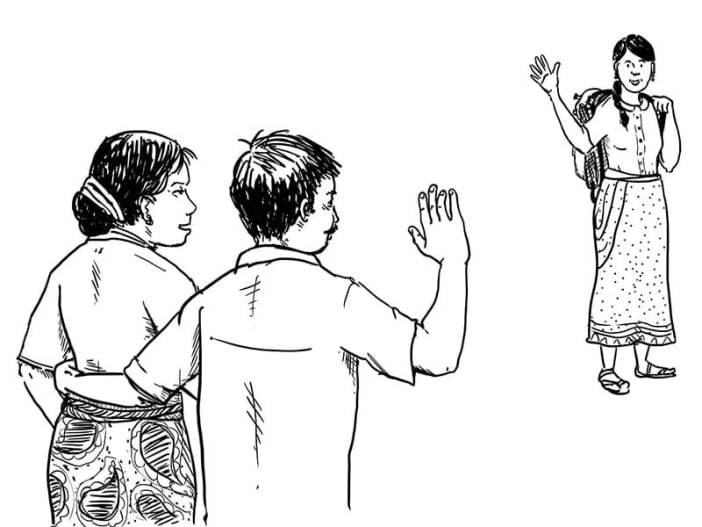We live in a day and age where millions of people wander the earth in search of a better livelihood and hope. The Bible recognises this reality. It contains stories of war and triumph, displacement and pain, frustration and hope. Through it all we can see that God cares for migrants.
- Migrants in the Bible
The story of God’s chosen people, Israel, is a story of wandering in many places. Joseph is sent into slavery in a strange land (Genesis 37-46). Moses flees to Midian and finds shelter in the house of a Priest (Exodus 2:15-22). Ruth accompanies Naomi to a foreign land and finds favour in the eyes of Boaz (Ruth 2). Mary and Joseph flee to Egypt with Jesus as a baby. Later on, Jesus and his disciples travelled to many different towns during three years of ministry.
- God's attitude towards migrants
In the Bible we find God’s concern for the well-being of migrants. Repeatedly, the people of Israel are instructed to remember the strangers among them and treat them with love, compassion and justice. God commands the Israelites not to ill-treat them (Exodus 22:21) and not to take advantage of them (Deuteronomy 24:14). God is concerned and cares for powerless and vulnerable people. Strangers are to be cared for (Leviticus 19:9-10), they are to be treated as fellow citizens (Leviticus 19:34) and given a share from the tithe (Deuteronomy 14:28-29). In the New Testament, Jesus gives a new command to ‘love your neighbour as yourself’ (Matthew 22:39).
- The church's response to migrants
Acceptance
The body of Christ should accept strangers with open arms (Romans 15:7-9) and treat them as equals (Colossians 3:11).
- What is your attitude to migrants? Do you accept them or reject them?
- What are some of the practical ways you can show love to migrants?
Hospitality
The church is told to welcome and offer hospitality to people in need (Romans 12:13).
- How could you show hospitality to people in need?
Care
Churches should care for and speak out on behalf of migrants and refugees (Proverbs 31:8-9). Such ministries are often challenging, but they can be an effective approach for transformation.
- Are there migrants or refugees in your area that you could reach out to?
- What action could your local church take to ‘speak out’ on behalf of migrants and refugees?
Davidson Solanki is Tearfund’s Country Representative for the Mekong Sub Region.
Email: [email protected]









